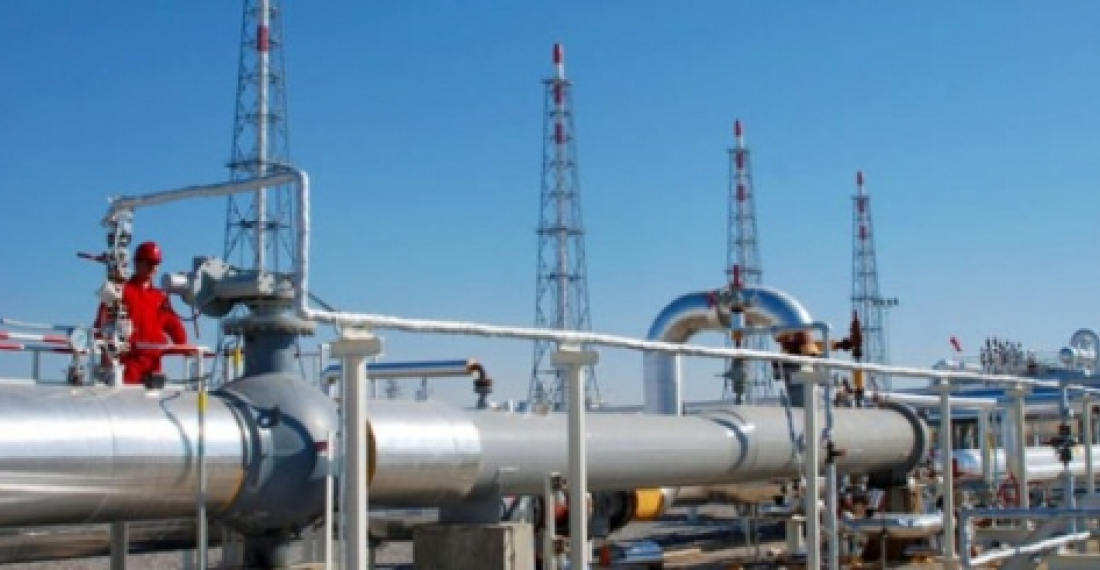Turkish and Azerbaijani media report that the flow of gas from the Shah Deniz field to Turkey has now been fully restored following a sudden break in supply on Tuesday due to a technical problem. The interruption in supply came as Turkey like the rest of the region has been experiencing severe cold weather.
Before the platform's suspension the production volume at the field amounted to 25 million cubic meters of gas per day. A spokesperson for BP told TREND News Agency that the company had "completed all scheduled work on the platform of Shah Deniz gas-condensate field and was preparing to open the wells." BP Azerbaijan is the technical operator of the field development. The technical fault happened during a routine maintenance in the power system of the Shah Deniz platform. Production from all four wells was subsequently suspended. During the operations on the platform the safety of personnel and equipment was fully ensured.
Reserves of Shah Deniz field are estimated at 1.2 trillion cubic meters of gas. The contract to develop the offshore Shah Deniz field was signed June 4, 1996. Participants to the agreement are: BP (operator) - 25.5 percent, Statoil - 25.5 percent, NICO - 10 percent, Total - 10 percent, LukAgip - 10 percent, TPAO - 9 percent, SOCAR-10 percent.
Speaking to reporters in Parliament, the Turkish Energy and Natural Resources Minister Taner Yıldız said gas flow is expected to return to regular levels by Thursday night at the latest. He highlighted the role cold weather has played in obstructing efforts to fix the technical problems observed not only in Azerbaijan but also in Iran. He compared it to recent power cuts across Europe caused by severe weather conditions. Responding to press speculation in Turkey suggesting the drop in gas supply was intentional, Yıldız answered: "This is unfair to our Azeri and Iranian counterparts and negatively affect our relationship with them." Yıldız added, "We don't believe the reduction of the flow of natural gas is intentional."
Turkey imports 6.6 billion cubic meters (bcm) of gas per year from Azerbaijan, around 16 percent of its total consumption. It also imports around 10 bcm from Iran, Turkey's second largest supplier after Russia. According to the influential Turkish Daily newspaper Todays Zaman Turkey halted gas supplies to Greece following the disruption in supply from Azerbaijan and said it has asked Iran to increase its supply.
source: commonspace.eu with TREND and Todays Zaman
photo: courtesy of Todays Zaman







